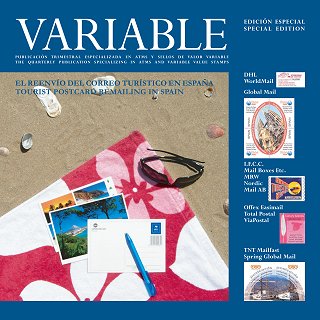Since the mid 1990s and during the early years of this century, some private postal companies, taking advantage of the early beginnings of the European postal market liberalization, built collecting networks at different tourist areas in Spain, for internationally destined postcards and their remailing from other countries. Postal law 24/1998, and the complaints and legal action taken by Spain’s – Correos, who considered that these companies offered postal services, solely reserved for the national postal operator, then stopped most of these projects.
After some postponements, the European Parliament approved the Third Postal Directive, setting December 31st 2010 as the deadline for the abolition of postal monopolies and the full liberalization of postal services in the European Union, including Spain. This meant that from January 1st 2011, in accordance with law 43/2010, most of the services, once reserved for Correos, were now open to competition, and any national or international operator could freely provide postal services in Spain. Thus, a new phase in postal history was opened, and which were and will be studied in articles published on our website and in the quarterly publication VARIABLE. We hope that this large study, which is continuously updated, will serve to spread knowledge of this interesting and unknown chapter of recent postal history of Spain - the key to understanding the transformation that is happening to the mail services in recent years, and as a starting point and reference for new discoveries and postal research of this period.
ATM Web - Spain and Latin American Postal Services: http://www.ateeme.net © J. Jove - ATEEME. Variable value stamps study group. All rights reserved This page was created in July 2009 and last updated: 10.08.14 . English edition last rewritten by S. Goodman (23.08.2013) |
